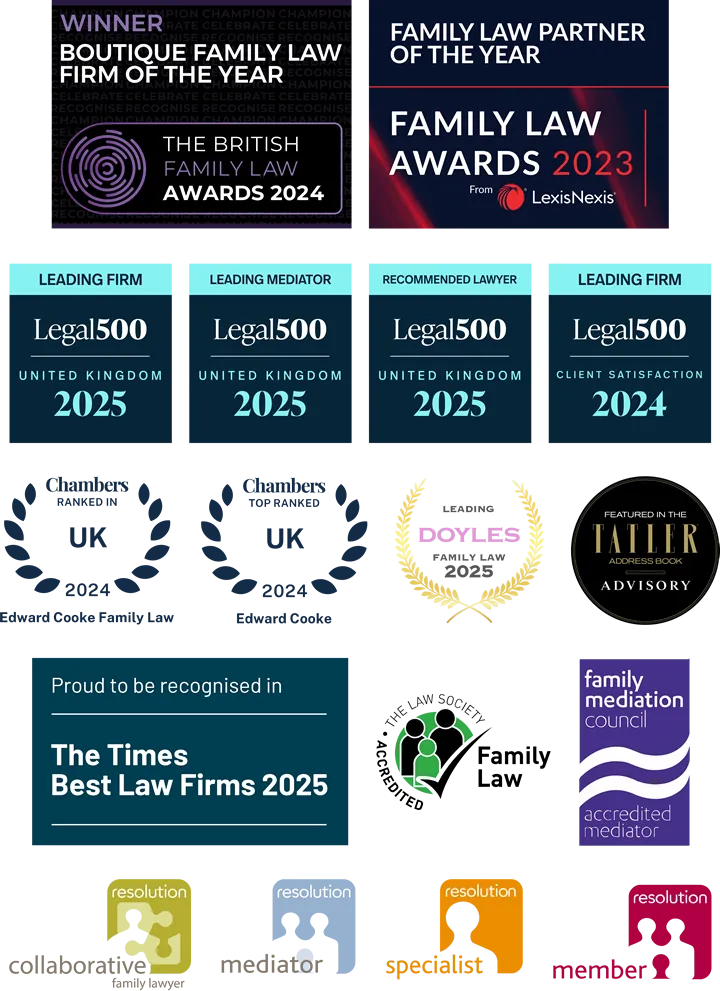Hybrid Mediation
Hybrid mediation is an excellent alternative for couples seeking to resolve issues arising out of their separation or divorce with support from their solicitors, but without having to go through the court system.
The Covid pandemic threw into sharp focus the huge problems in the court system, with cases often taking several months even to reach the first hearing stage and up to 18 months or more to reach final hearing.
Given the continuing chronic delays in the courts, hybrid mediation offers separating couples a much quicker, more cost-effective and bespoke route to resolving their issues, whilst retaining support from solicitors through their process.
Please explore further information on Hybrid Mediation below, including answers to frequently asked questions.


